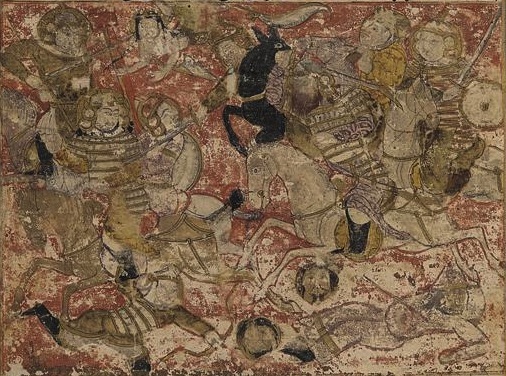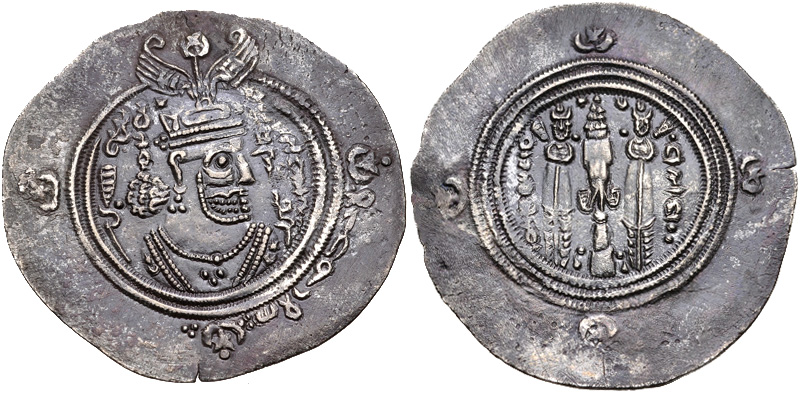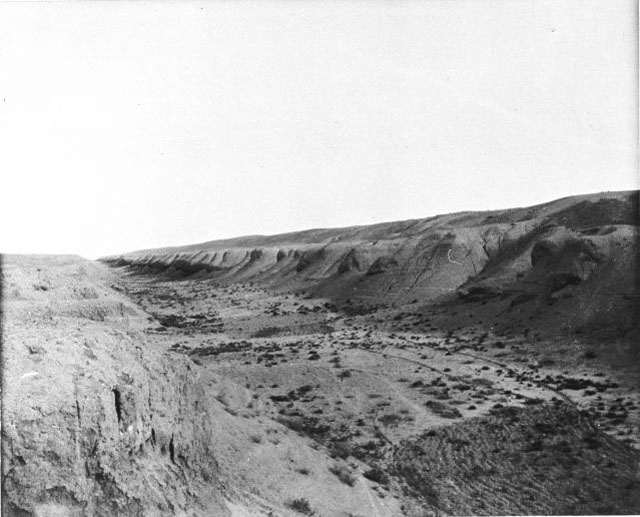Kharijites
Enlarge text Shrink textThe Kharijites (Arabic: الخوارج, romanized: al-Khawārij, singular Arabic: خارجي, romanized: khārijī) were an Islamic sect which emerged during the First Fitna (656–661). The first Kharijites were supporters of Ali who rebelled against his acceptance of arbitration talks to settle the conflict with his challenger, Mu'awiya, at the Battle of Siffin in 657. They asserted that "judgment belongs to God alone", which became their motto, and that rebels such as Mu'awiya had to be fought and overcome according to Qur'anic injunctions. Ali defeated the Kharijites at the Battle of Nahrawan in 658, but their insurrection continued. Ali was assassinated in 661 by a Kharijite dissident seeking revenge for the defeat at Nahrawan. After Mu'awiya established the Umayyad Caliphate in 661, his governors kept the Kharijites in check. The power vacuum caused by the Second Fitna (680–692) allowed for the resumption of the Kharijites' anti-government rebellion, and the Kharijite factions of the Azariqa and Najdat came to control large areas in Persia and Arabia. Internal disputes and fragmentation weakened them considerably before their defeat by the Umayyads in 696–699. In the 740s, large-scale Kharijite rebellions broke out across the caliphate, but all were eventually suppressed. Although the Kharijite revolts continued into the Abbasid Caliphate (750–1258), the most militant Kharijite groups were gradually eliminated. They were replaced by the non-activist Ibadiyya, who survive to this day in Oman and some parts of North Africa. They, however, deny any links with the Kharijites of the Second Muslim Civil War and beyond, condemning them as extremists. The Kharijites believed that any Muslim, irrespective of his descent or ethnicity, qualified for the role of caliph, provided he was morally irreproachable. It was the duty of Muslims to rebel against and depose caliphs who sinned. Most Kharijite groups branded as unbelievers (kuffar; sing. kafir) Muslims who had committed a grave sin, and the most militant declared killing of such unbelievers to be licit, unless they repented. Many Kharijites were skilled orators and poets, and the major themes of their poetry were piety and martyrdom. The Kharijites of the eighth and ninth centuries participated in theological debates and, in the process, contributed to mainstream Islamic theology. What is known about Kharijite history and doctrines derives from non-Kharijite authors of the ninth and tenth centuries and is hostile toward the sect. The absence of the Kharijite version of their history has made unearthing their true motives difficult. Traditional Muslim historical sources and mainstream Muslims viewed the Kharijites as religious extremists who left the Muslim community. The term Kharijites is often used by modern mainstream Muslims to describe Islamist extremist groups that have been compared to the Kharijites for their radical ideology and militancy. On the other hand, some modern Arab historians have stressed the egalitarian and proto-democratic tendencies of the Kharijites. Modern, academic historians are generally divided in attributing the Kharijite phenomenon to purely religious motivations, economic factors, or a Bedouin (nomadic Arab) challenge to the establishment of an organized state, with some rejecting the traditional account of the movement having started at Siffin.
Read more on Wikipedia >
 Topic
Topic




